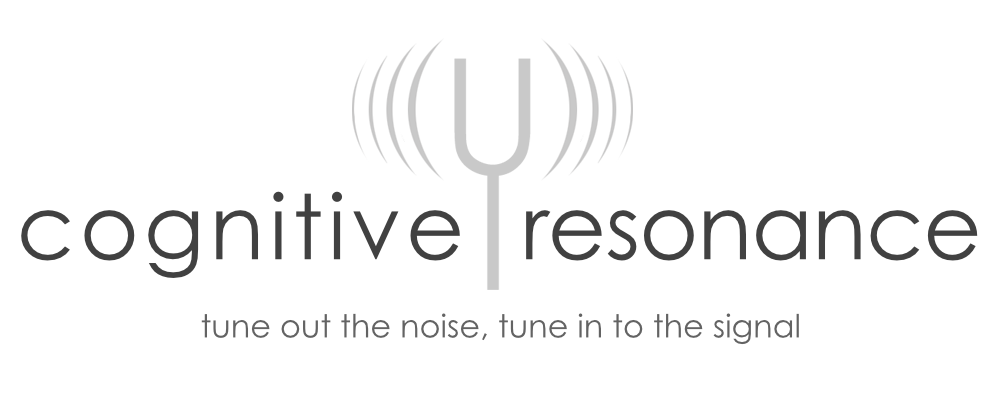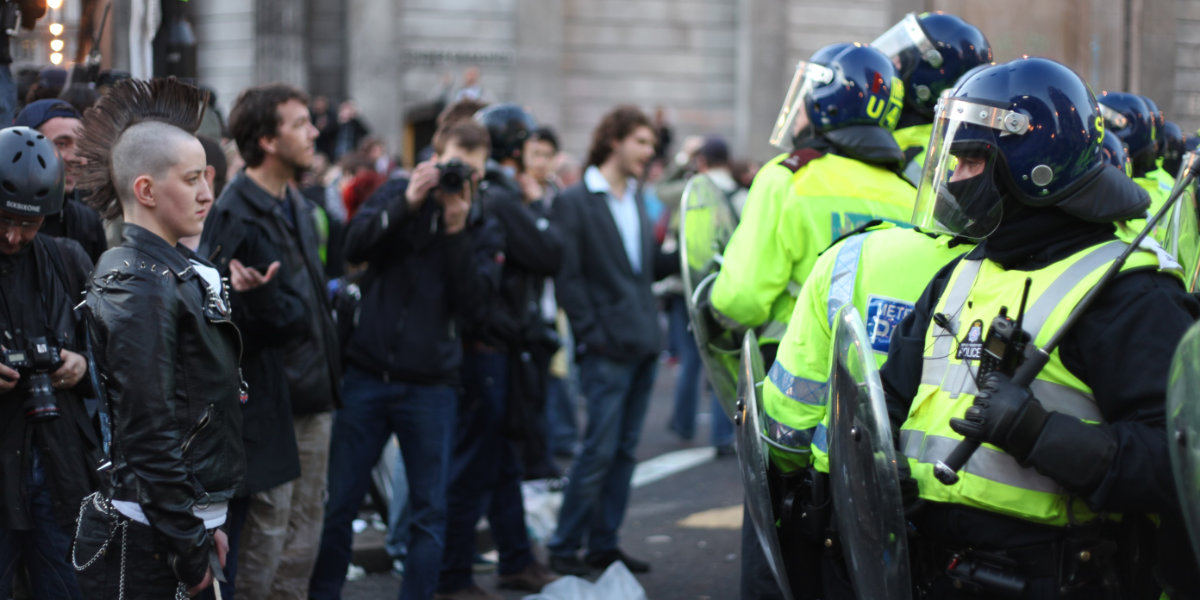By Nick Glynn
My first police encounter ended up with me and my siblings in the cells. I was 10 years old; we missed the school bus and were found wandering the streets of our hometown. A lady took pity on us and walked us to the police station, where we were given a guided tour. My parents were relieved we were safe and grateful to the police.
Trust in policing was the norm back then, and it is still essential that we have trust in the police. I didn’t allow later bad experiences of policing – getting repeatedly stopped and profiled – prevent me from starting what turned out to be a 30-year police career.
More police officers with more powers will simply stigmatise and create a culture of suspicion and mistrust, and damage trust still further.
retired senior police officer NICK GLYNN
When people need help, they need to be able to trust those in authority – teachers, doctors, police – safe in the knowledge that these professionals will do the right thing, give sound advice, and only pass on information when it’s clear there is an imminent risk. We have rules on safeguarding, GDPR and data protection, together with professional codes of practice to protect individuals when they seek help.
Priti Patel’s new Police Crime Sentencing and Courts (PCSC) Bill, now being considered by Parliament, would change that, forcing teachers, doctors and youth workers to share any information that might indicate someone is at risk of serious violence.
There will be criminal sanctions for anyone failing to comply.
We have seen this before with the government’s Prevent and the Hostile Environment policies. The new law will put pressure on professionals to report things that they already respond to adequately, for fear of falling foul of the law. The outcome of this government-backed 1984-style snitching is that vulnerable individuals will stop seeking help.







